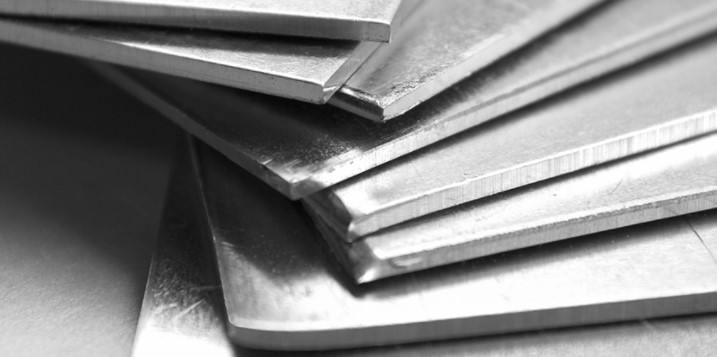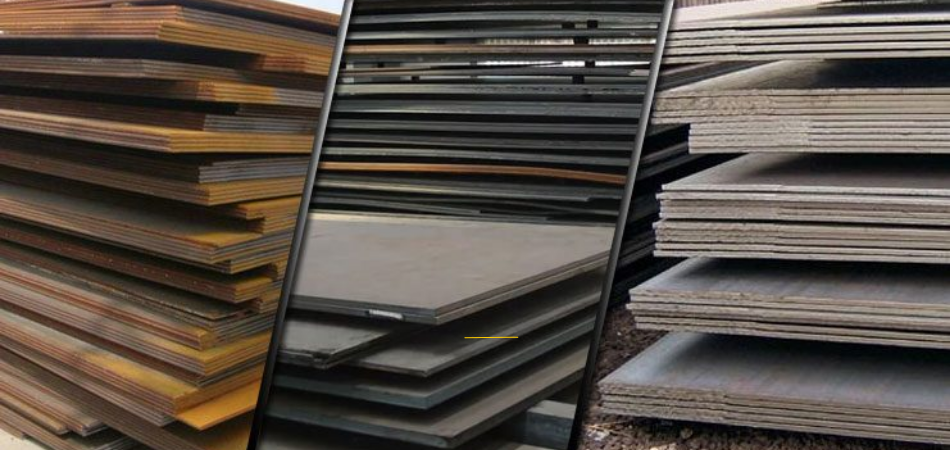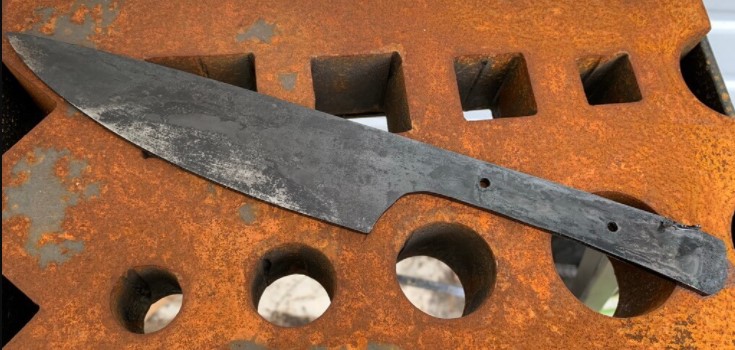Quenched steel has been hardened, cooled, and tempered by a quenching process. This type of steel is stronger and more durable than standard steel. However, does quenched steel rust? Is it expected or normal for such steel to rust despite being hardened?
Yes, Quenched steel will rust after being exposed to water or moisture in the air if not coated with a protective layer of oil or paint. For this reason, quenched steel should become dry as quickly as possible to prevent any corrosion from developing.
Quenched steel is alloyed, heated, and cooled at a fast speed. This leaves it harder and more brittle than mild steel. The increased strength of hard, quenched steel makes it useful for tools, but the brittleness makes it difficult to work within some cases.
There are different uses of Quenched steel, and we have the information below for you. Also, you will get to know the safe and easiest ways you can easily protect and remove rust from it.
Contents
What is a Quenched Steel?
A quenched steel refers to steel that is subjected to a heat treatment process known as quenching. Quenching refers to the rapid cooling of any metallic substance into a cooling medium (water, air, oil, or brine) to adjust the mechanical properties of the metal back to its original state. Here, the steel is heated to a very high temperature, usually greater than that of its normal condition, and then placed in a cooling medium to change the metal’s microstructure. With the quenching process, the steel becomes harder and more brittle allowing it to serve its purpose.

Does Quenched Steel Rust?
Yes. Quenched steel is susceptible to rust depending on the condition in which it was stored. If the steel is subjected to adverse environmental conditions or exposed to moisture, it can rust within a short time. However, if you place the quenched steel at a normal room temperature, the quenched steel could take more time to rust, unlike soft steel.

How to Get Rid of Rust from Quenched Steel?
There are several methods by which you can remove rust from steel. However, two popular methods that work effectively shall be discussed in this article. These methods include:

1. Using Chemicals
Chemical rust removers are often made of phosphoric acid or oxalic which can be sensitive to your skin during application. In other cases, it can cause serious damage to your skin. Due to this, it is best advised to take precautionary steps when applying these chemicals to remove rust from steel. Read the label of the product and follow the stated instructions to prevent hazards during application. However, when utilizing these chemicals, it is essential to allow the chemicals to stay for several hours and scrub effectively to get the rust off the steel. Here are some chemical removal solutions you can use to keep the rust off your steel.
White Vinegar Rust Removal
You can apply white vinegar to remove rust from the steel. The vinegar reacts with the rust and later dissolves it. For steel that is small in size, simply soak the steel in the white vinegar and leave it for a couple of hours. Then, you can wipe off the rust. However, if the steel is large, you can simply apply white vinegar to the affected area and leave it for some time. Also, you can make use of a rag that is soaked in white vinegar to wipe the rust away.
Lemon/Lime and Salt
Lime/Lemon with salt is another chemical solution that can wipe away rust from the quenched steel. To start, sprinkle some salt over the rusted area and ensure that it is properly coated with salt. Then, you can squeeze your lemon or lime over it. Squeeze out enough juice from the fruits and leave it for about three hours before you scrub the rust away. With this, you can remove rust from the steel without damaging it.
Baking Soda
Baking soda is another chemical solution to remove rust from steel. To do this, mix the baking soda with water to form a thick paste. Leave the mixture for some time to settle. Then, you can use an all-purpose brush to scrub the affected part. You can now rinse the affected part with water to give you a smooth and shiny surface. Depending on your preferences, you can dilute the mixture as much as you want. Besides, there is no exact quantity of ingredients to use in scrubbing rust off a quenched steel.
2. Mechanical Method
Chemical solutions only work best with small pieces of metals and grant you satisfactory results. However, you may not get such satisfactory results with larger objects. As a result, you need a swift and efficient method, consumes less time and energy, and grants you the best result. This is where the mechanical method comes in. By the mechanical method, we mean the use of the abrasive attachment. Abrasive attachments come in various sizes, shapes, materials, and more. Besides, they are applied in different ways to get the best result. From grinding to sanding, stripping to industrial cleaning, these tools are one of the best in removing rusts from hardened metals such as quenched steel. Here are some of the methods that can remove rusts through the use of the abrasive attachment.
Grinding Attachment
Grinding is the most aggressive abrasive method you can use to remove rust from your steel. Due to its aggressive nature, it is advisable to utilize this method with extreme caution so that you won’t damage the metal. Besides, it is one of the best methods in removing heavy accumulated rusts from hardened steel. This method is efficient, fast, and can get you the desired result if done properly.
Sanding Attachment
Sanding is another method you can use in getting rusts off your steel. It is convenient to use and is less aggressive than grinding. Here, you can remove rust and oxidation from the affected surface through the use of an orbital sander featured with hook and loop sanding discs. When using the sander, you can start by using the coarse grits (about 60 to 80 grits) to remove the rust quickly and easily. As you use the coarse grit, you can then use a higher grit to get a smoother surface. The higher the grit, the smoother your surface will be depending on what you want.
Wire Brush Attachment
The wire brush attachment is effective for cleaning rust off metallic surfaces such as steel. It allows you to strip the steel to the barest minimum, prepare it, prime, and coat it to prevent rust from building up again.
Conclusion
Quench steel can rust due to varying factors. However, utilizing these tips to prevent future occurrences can save you enough effort, time, and resources. Hence, why don’t you try it out to achieve the best result?

